Keywords: Stolen Generations
-
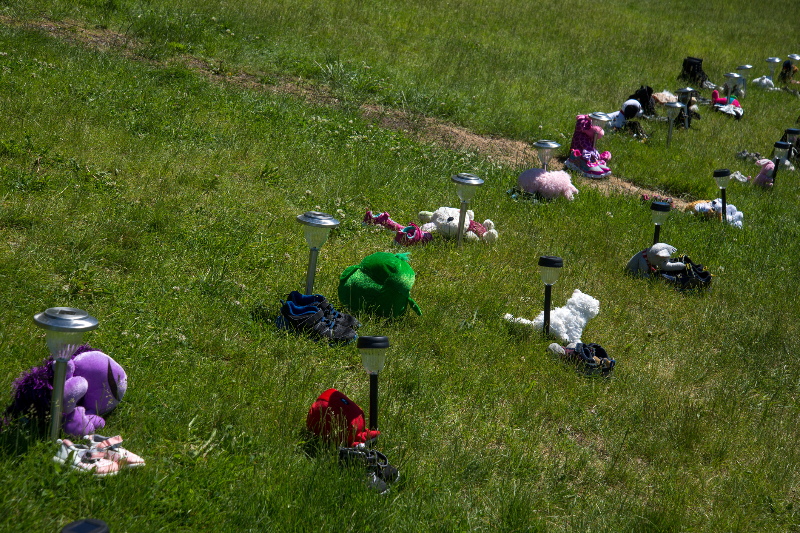
AUSTRALIA
- Celeste Liddle
- 12 August 2021
9 Comments
Across the Pacific Ocean, in Canada or ‘Turtle Island’ as it is also known by many of its Indigenous inhabitants, a horror has been unfolding. It started at a the former residential school in Kamloops, British Colombia where, via the use of ground penetrating radar technology, the remains of at least 215 Native Canadian children were found buried in mass unmarked gravesites. This school ran for 85 years, was part of compulsory government programs to forcibly assimilate these children, and was administered by the Catholic Church.
READ MORE 
-
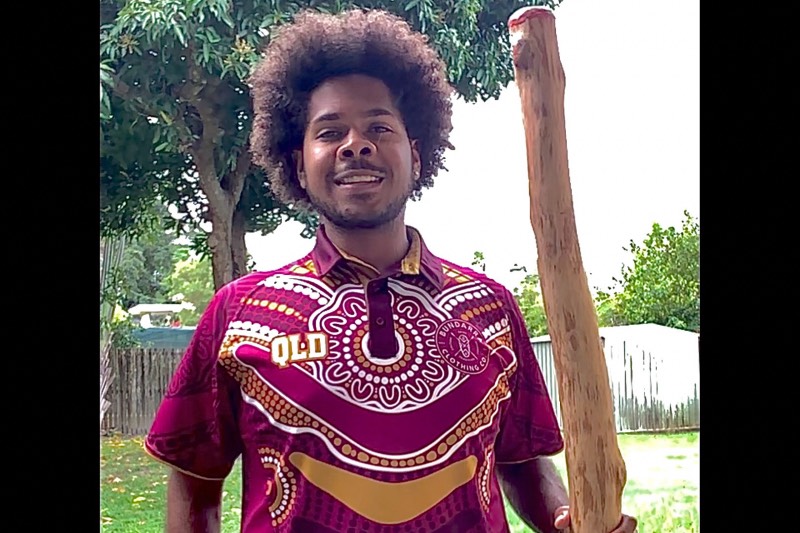
FAITH DOING JUSTICE
The question of reconciliation in the Church is particularly pressing, given 2021 marks the 250th anniversary of the arrival of Christianity in Australia, and the 150th anniversary of the arrival of Christianity to the Torres Strait. Yet many First Australians recognise that the Spirit of God was poured out onto the original inhabitants of this great Southern Land many, many thousands of years prior.
READ MORE 
-
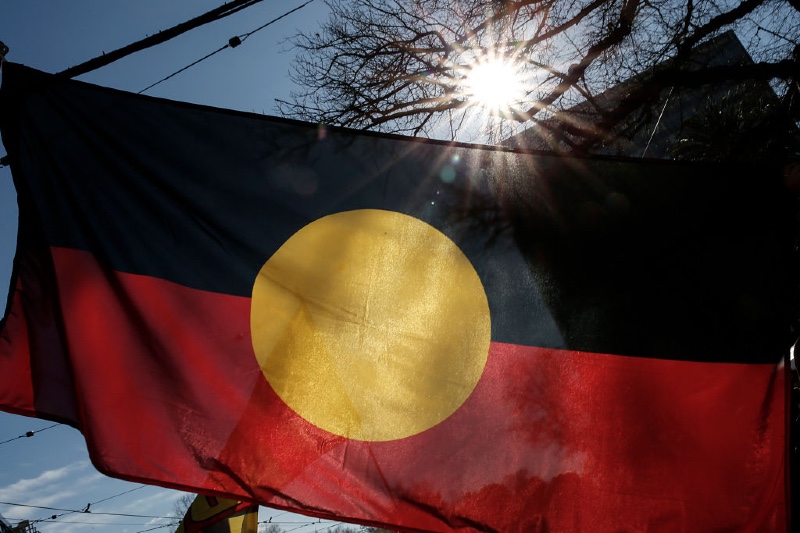
FAITH DOING JUSTICE
But it is possible the members of the Plenary could begin to hear a deeper voice speaking in their hearts. There may arise a new courage to start a process of truth and reconciliation, reporting the process of this journey to the second Plenary Council planned for Sydney, July 2022. We can only begin that journey if members of the Plenary Council come and are open to listening to that deep inner voice.
READ MORE
-
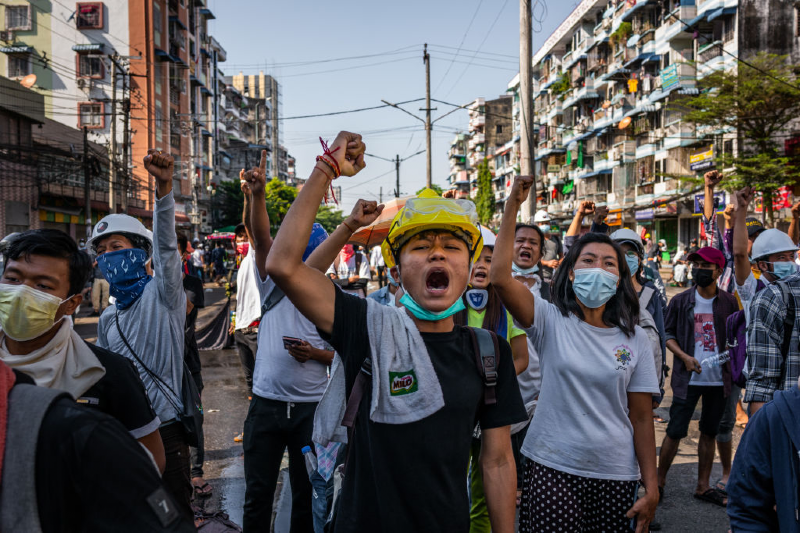
INTERNATIONAL
The young in Myanmar have no personal memory of those events of 1988 and 2007. They are Generation Z, raised on the internet and with new ways of communicating. Their emotions overcome fear. Gen Z meets the deadly threat with humour and creative protest.
READ MORE 
-
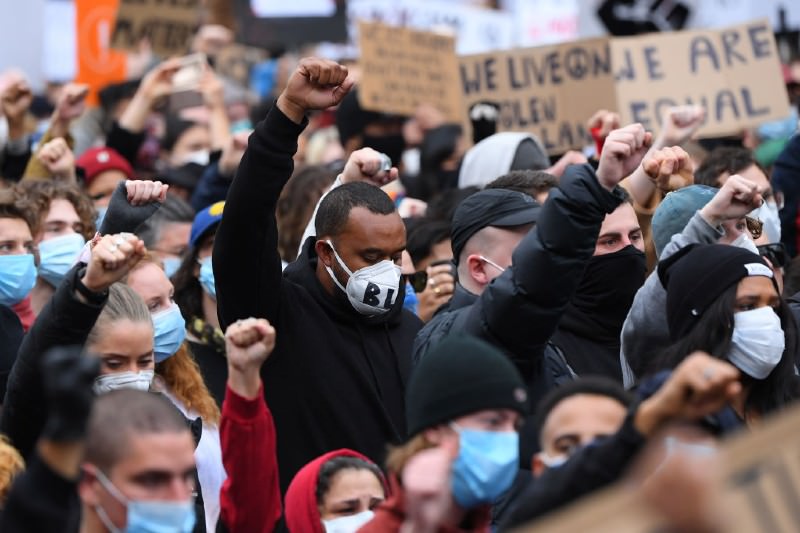
AUSTRALIA
- Sherry Balcombe
- 09 June 2020
25 Comments
The streets were packed there were thousands of people there to march in solidarity with us. It was so incredibly heartening. Australia is growing. The only time I have felt this atmosphere was in Sydney in the 1988 march on Australia Day. But this time was different very different it was predominately young people under the age of 30. They get it, they do see it.
READ MORE 
-
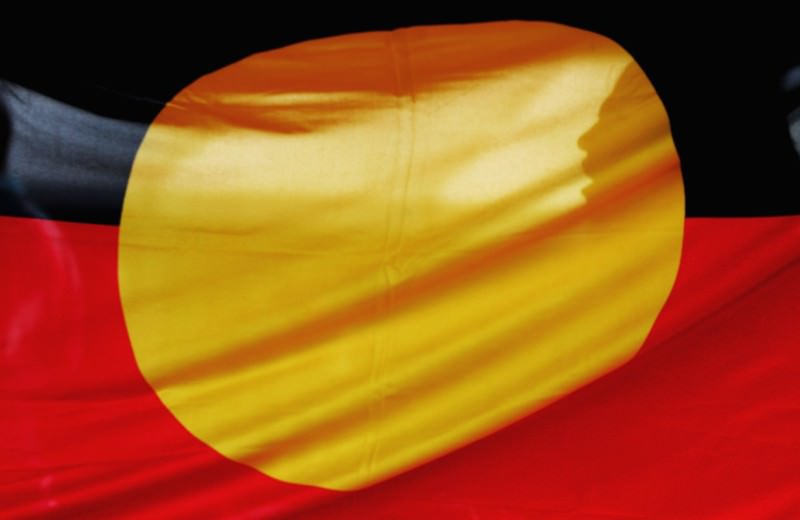
AUSTRALIA
- Celeste Liddle
- 28 May 2020
12 Comments
Reconciliation week itself begins on the 27th May, the anniversary of the 1967 Referendum, which granted Aboriginal people the right to be counted in the census. The anniversary of the Mabo ruling in the High Court rounds out the week. Yet every year, I would swear that this week means nothing more to most people in this country than to call on the Aboriginal and Torres Strait Islander people in their workplaces and community to do more work.
READ MORE 
-
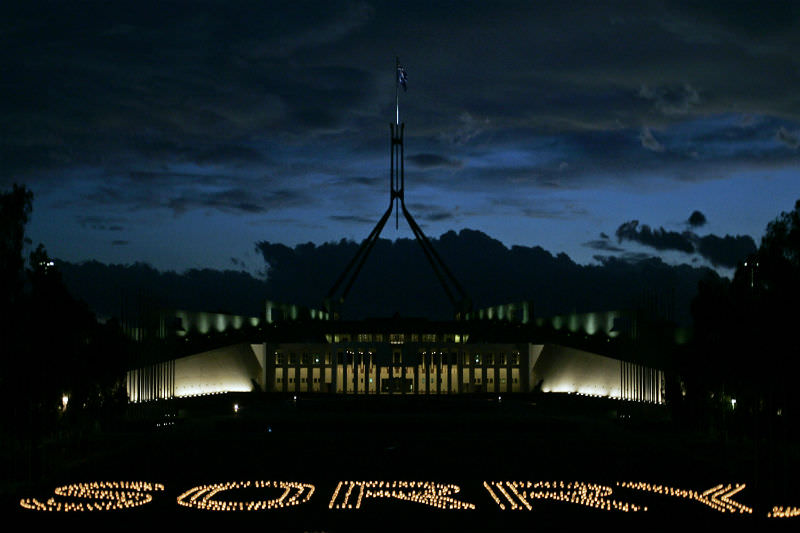
AUSTRALIA
- Andrew Hamilton
- 12 February 2020
5 Comments
In the Apology to the Stolen Generations the Australian Government spoke on behalf of all Australians in recognising that it acted wrongly in removing Indigenous children from their parents. It recognised also that the reason for the removal was the disrespectful claim that its targets were defined, not by their shared humanity, but by their race. This disrespect caused lasting damage to the children and families.
READ MORE 
-
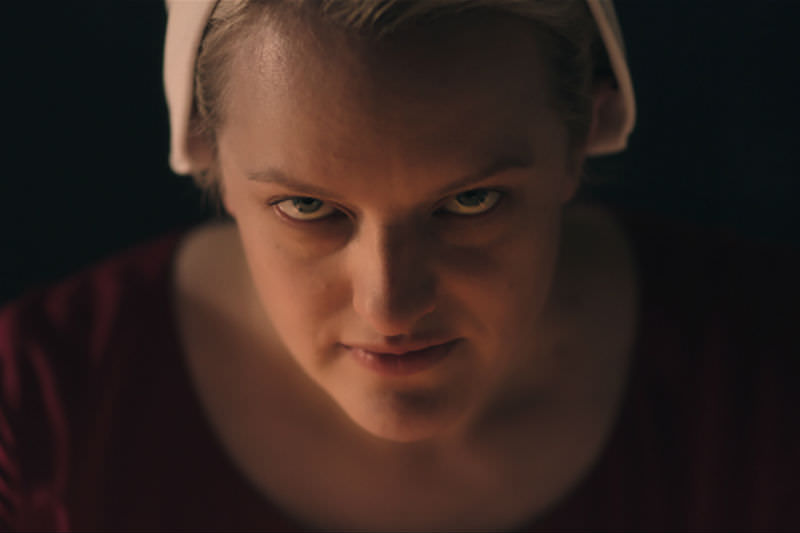
ARTS AND CULTURE
- Celeste Liddle
- 08 July 2019
11 Comments
The main character has a black partner, and her best friend is a black lesbian. Yet there is no exploration of race politics. We are supposed to believe that a world which is both incredibly class-driven and misogynistic is also non-racist. Even though we know through intersectionality theory and basic world history that this never happens.
READ MORE 
-
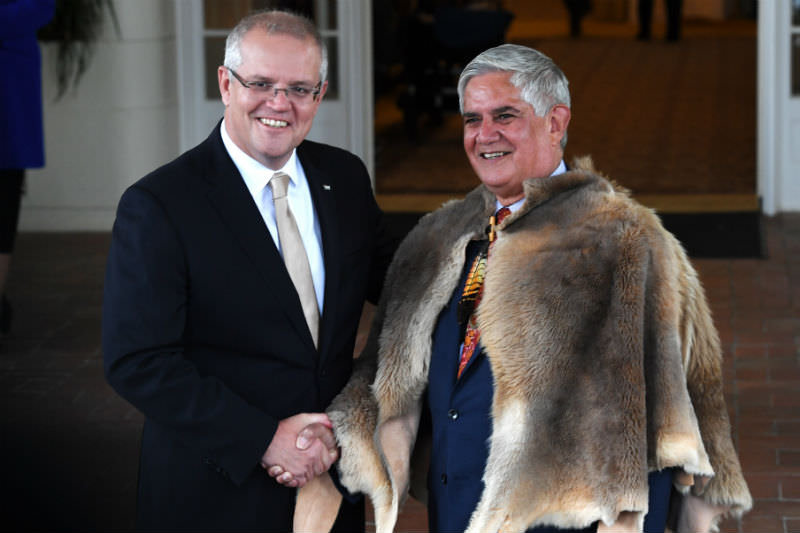
AUSTRALIA
- Celeste Liddle
- 19 June 2019
8 Comments
It's long fascinated me that it tends to be the conservative side of politics that has delivered many of our Indigenous political firsts. Perhaps it's simply because Indigenous conservatives are, by virtue of their politics, no real threat to the status quo. Our Minister for Indigenous Australians Ken Wyatt is a case in point.
READ MORE 
-

ARTS AND CULTURE
- Brenna Dempsey
- 01 March 2019
5 Comments
Natalie Brennan, general manager of Muffin Break, accused 'millennials' of no longer seeing the value in 'experience', and of having an 'inflated view of their self-importance'. Ironically, she has an inflated view of her company's importance if she believes 'millennials' should jump at the opportunity to work for her in an unpaid internship.
READ MORE 
-
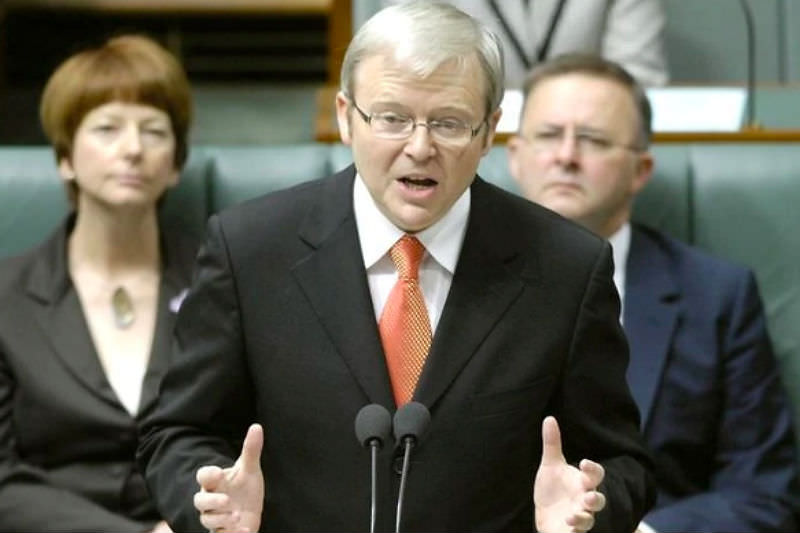
AUSTRALIA
- Andrew Hamilton
- 12 February 2019
8 Comments
It is hard to think of a more encouraging action by any government during the last 20 years than the national apology to the stolen generations. Much has been said about that apology. It is worth reflecting more generally on why apologies properly made are so gratifying, and what qualities they must have in order to be proper.
READ MORE 
-
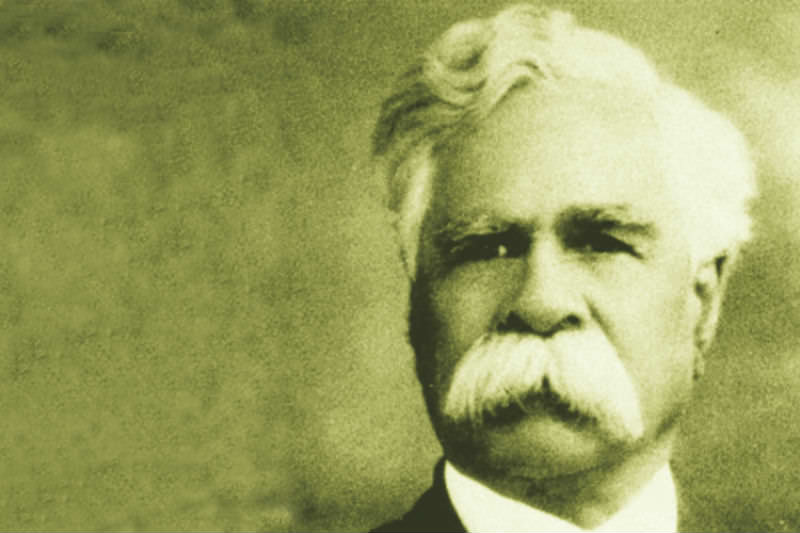
AUSTRALIA
- Michael McVeigh
- 05 December 2018
4 Comments
Eighty years ago today, 77-year-old Yorta Yorta elder walked ten kilometres to deliver a letter to the German consulate protesting the attacks on Jewish people during Kristallnacht nearly a month earlier. Despire the dire circumstances faced by Aboriginal people at the time, Cooper's conscience couldn't ignore the suffering of others.
READ MORE 